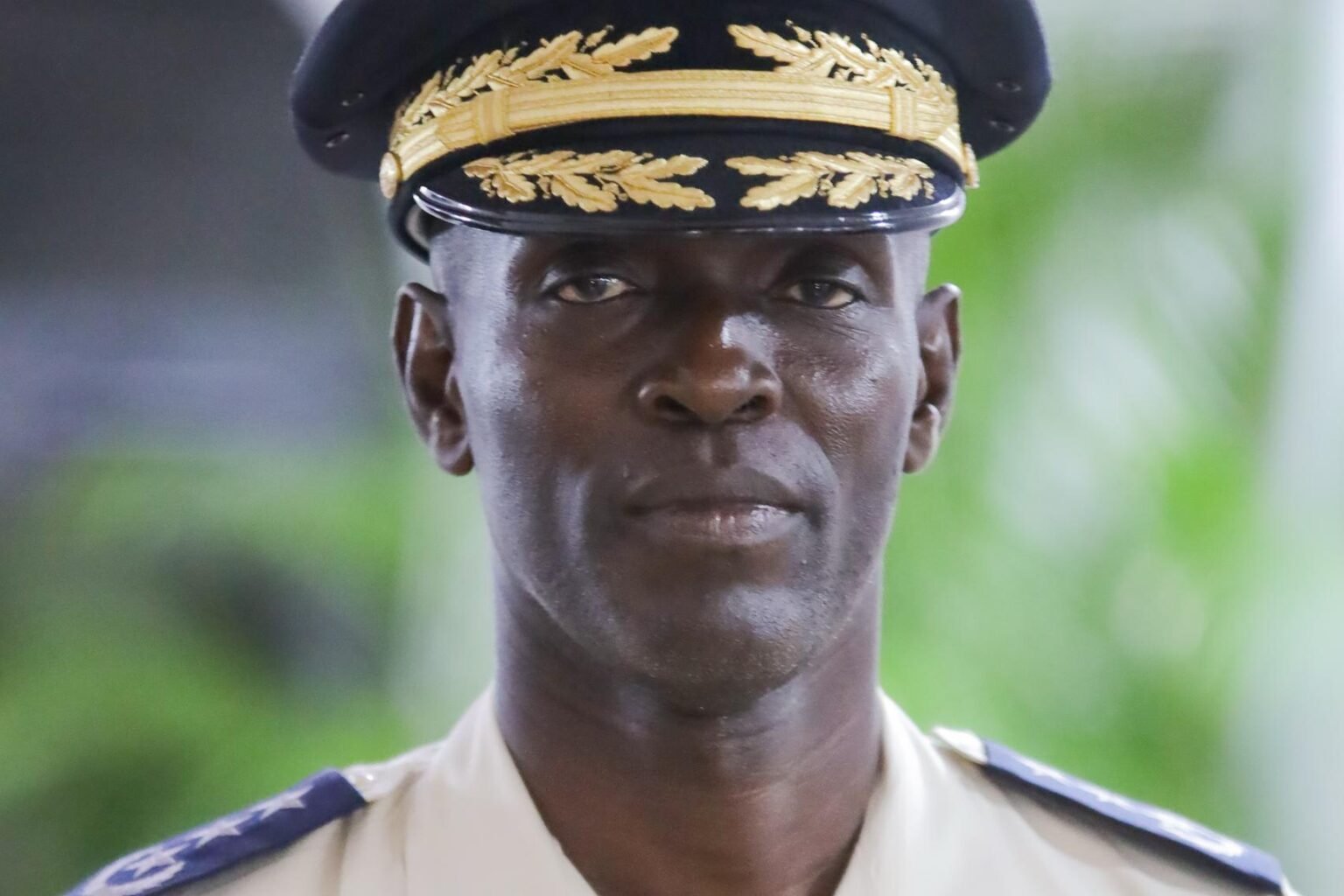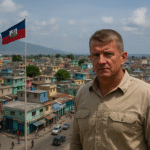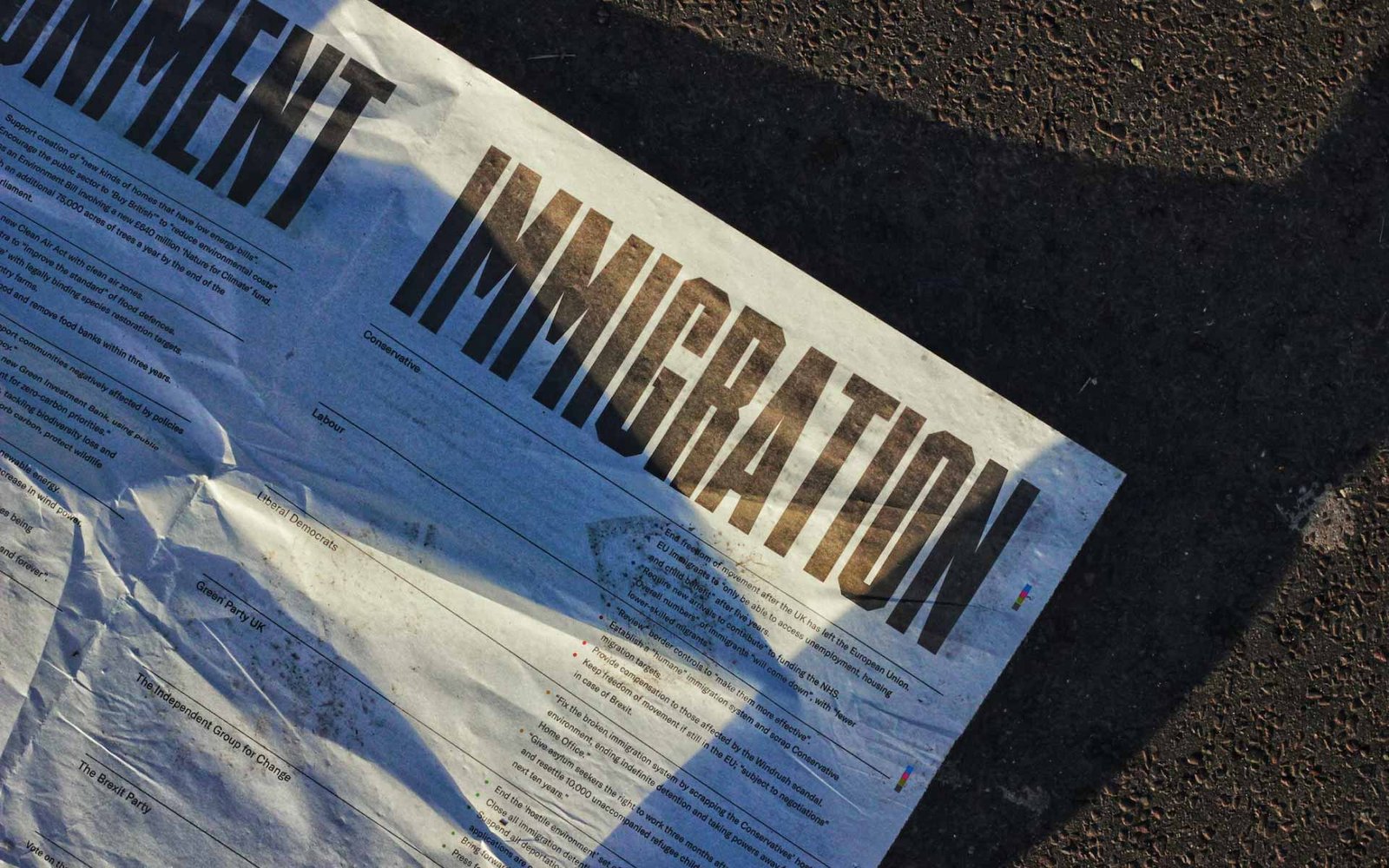Port-au-Prince — The recent appointment of Inspector General Paraison as acting director general of the Haitian National Police (PNH) has been welcomed by several security specialists, who point to his courage, battlefield experience, and determination as qualities that make him well-suited for the role.
A Leader Tested in the Line of Fire
Pierre Antoine Louis, who worked closely with Paraison in the private cabinet of late President Jovenel Moïse, described the new police chief as a dedicated professional who has consistently shown resolve under pressure. Louis recalled that Paraison, injured during a confrontation with armed gangs in Port-au-Prince, continues to walk with a cane—a visible reminder of his direct engagement in defending the capital.
At the time, Paraison was commander of the National Palace security unit and personally intervened to support police officers under attack. According to Louis, his actions prevented gangs from storming the presidential compound. “He was ready to sacrifice himself rather than allow such a symbol of the Republic to fall,” Louis said.
Proven Experience in Critical Moments
Paraison has held several senior posts, including commander of the elite Brigade of Intervention and Research (BRI). He was also among the first officers to arrive at the residence of President Moïse on the night of his assassination, where he secured the First Lady and her children. His bravery during that crisis earned public recognition from then–police chief Léon Charles.
For Louis, Paraison’s nomination by the Transitional Presidential Council (CPT) is a turning point. He believes the new chief has a deep understanding of the police institution’s challenges and a clear vision for reform. “He believes the police must be returned to the police,” Louis emphasized, expressing confidence that Paraison will resist outside pressures and refocus the PNH on its core mission of protecting and serving.
A Call for Renewed Strategy
Former colonel Himmler Rébu also praised Paraison as a “true professional,” while stressing the need for a new strategic approach. According to Rébu, the failure of former police chief Rameau Normil was not due to incompetence but to ineffective strategy.
Rébu, who previously collaborated with Paraison on presidential inauguration security, noted that Paraison has strong technical skills, particularly in the use of drones against gangs. “The drones are the solution,” Rébu argued, pointing to their effectiveness in monitoring gang strongholds. He cautioned, however, that authorities must carefully plan drone operations to maximize their impact.
He criticized the reliance on armored vehicles as misguided and urged coordination among Haiti’s three public security forces as a first step toward restoring control.
Restoring Authority and Reclaiming Territory
Observers believe that under Paraison’s leadership, the police will prioritize reopening national roads and re-establishing state authority in gang-controlled zones. Louis and Rébu both stressed that success will require significant investments in equipment, technology, and strategic planning.
As Haiti’s security crisis deepens, Paraison’s blend of battlefield courage, technical know-how, and institutional experience has raised hopes that the PNH can turn the tide against gangs and restore public confidence.













